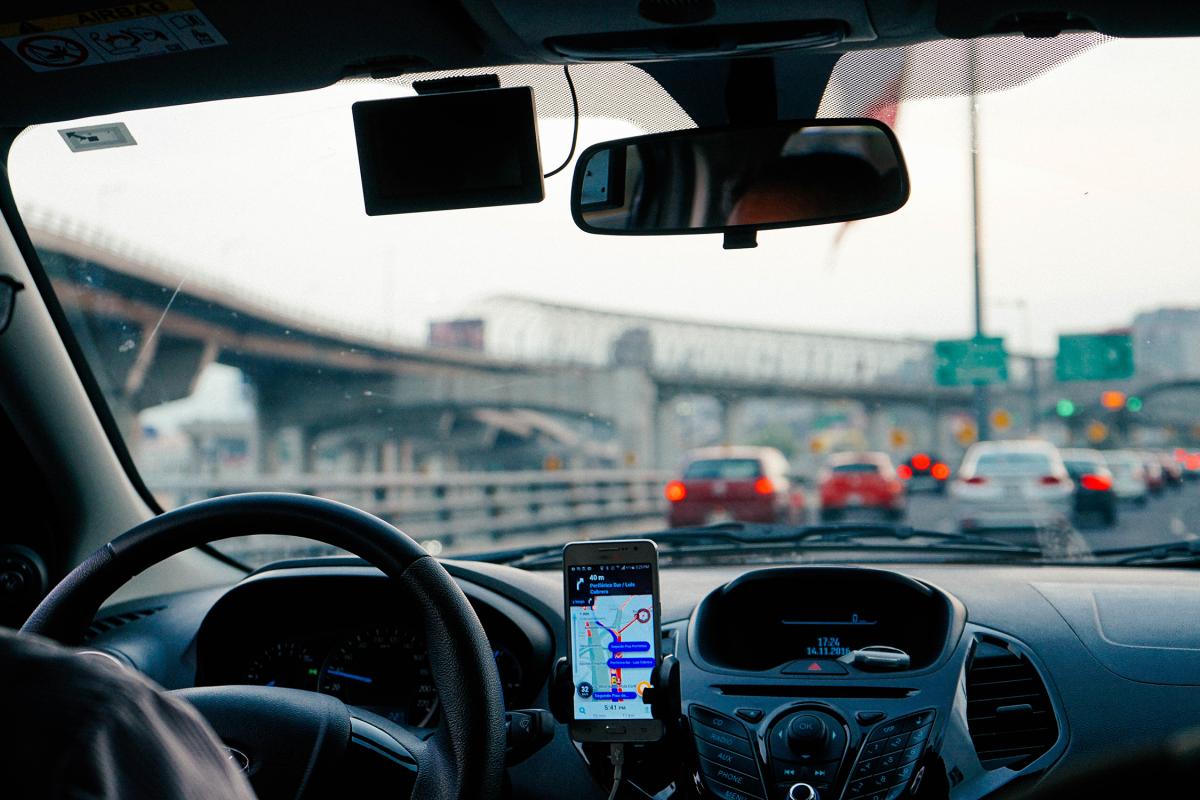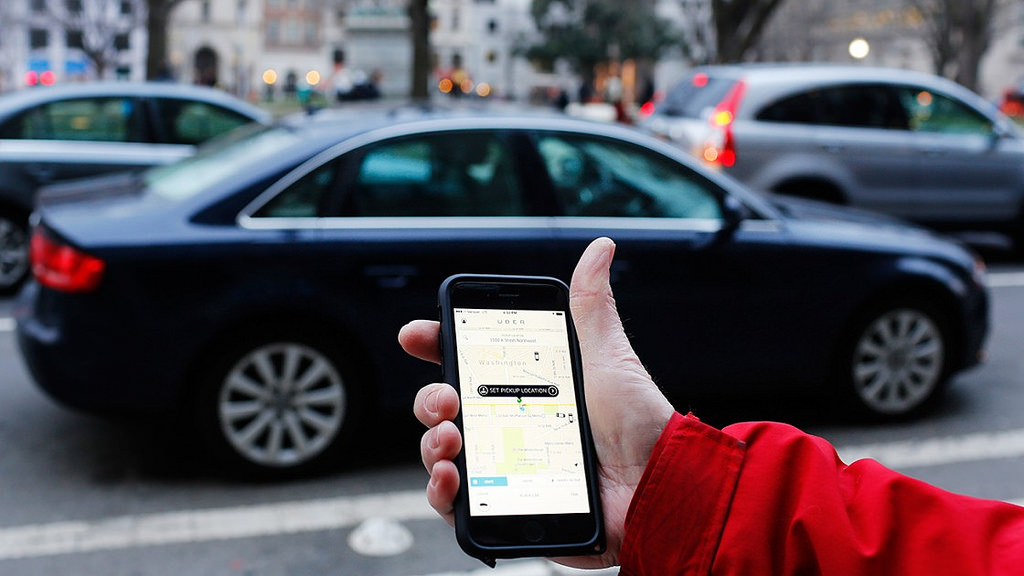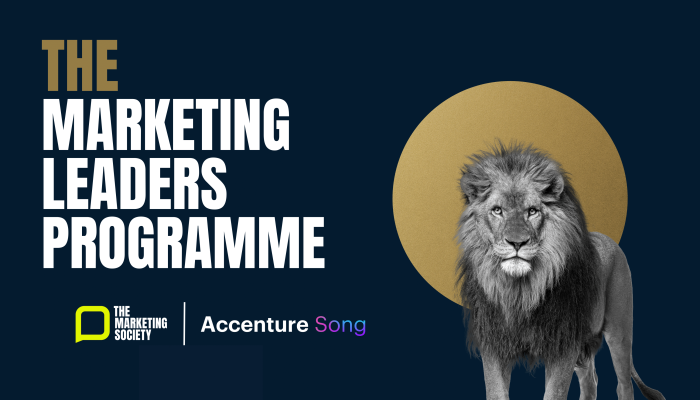I wrote a naively optimistic piece when they launched in the UK about how the sharing economy tapped into deeply human decency: that by sharing our cars (and more broadly, our homes, even our dogs) we were proving that respect for our neighbour and their property could be the foundation of future work.
Adorable.
I suspect that it has proved quite the opposite. The unwavering defence of Uber by the vast majority of its UK customers tells an interesting tale. #SaveYourUber was launched and gathered pace almost as soon as the TfL licence ruling was announced.
A petition against the decision was change.org’s fastest growing petition this year.
The latter fact is downright depressing given there have been petitions on topics that aim to tackle much more fundamental concerns than a cheap taxi ride home.
The thing that I am obsessed with specifically is this – when the prevailing notion is that consumers want to buy from purpose-driven businesses, how are Uber seen by vast swathes of consumers as the people’s champion?
I think there are three main reasons
1. Perceived absence of a good (in every sense) alternative – the other options are black cabs (too expensive, can tricky to get one to go to Brixton, self-serving in their outrage about Uber et al); private hire (despite the apps, it’s not that easy to get one and the wait is off-putting); or public transport, with which in London we are truly spoilt but I have sympathy with people reluctant to face a late train after a couple of wines
2. Positive reinforcement - despite the news stories of outrageous fares, wrong routes, sexual harassment and worse, lots of people have had consistently great experiences of Uber. And every great experience secures the chance of further use, and increasingly vocal support.
3. People are, with respect, a bit selfish – we want products and services that work first and foremost. Without that we need not even talk about purpose. There is a collective trade-off. We feel the niggle of guilt that Uber are an organisation whose moral compass is seemingly as untethered as its satnav: but they are easy, available and generally cheap.
It seems we have collectively confirmed that everyone has a price: north of that of the night bus and south of the cost of a black cab.
Interestingly, the brand’s latest advertising campaign leans into this consumer desire for an easy ride. ‘Effortless Night’ and the accompanying posters are all about getting from A to B with the minimum of effort. Which in the large majority of cases, is what you get. It’s an unashamed celebration of the usefulness of the service.
Sound familiar? Death of the high street anyone?
But the latest ruling from TfL may mean they have to start thinking more holistically about their brand. Consumers may have had selective hearing so far but history has shown that businesses that behave badly, even when we love their product, tend to lose out.
Uber desperately need to do a drains-up review of how they operate, how they treat people (drivers, colleagues and consumers) in order to be sustainable.
The time for apologies is over, it’s only credible change, well communicated that can secure their future over the long term.
By Jo Arden, Chief Strategy Officer at MullenLowe.




